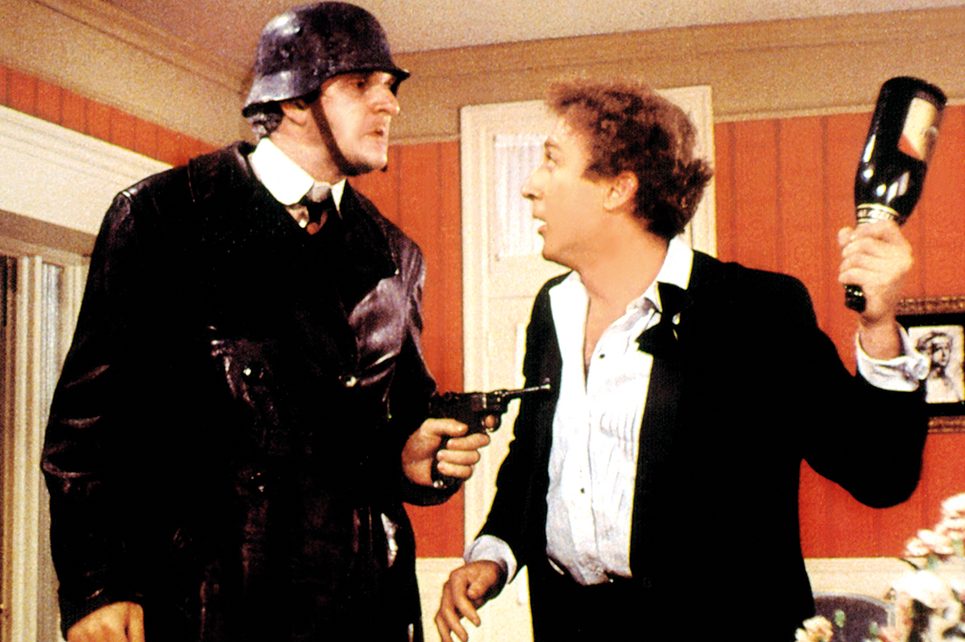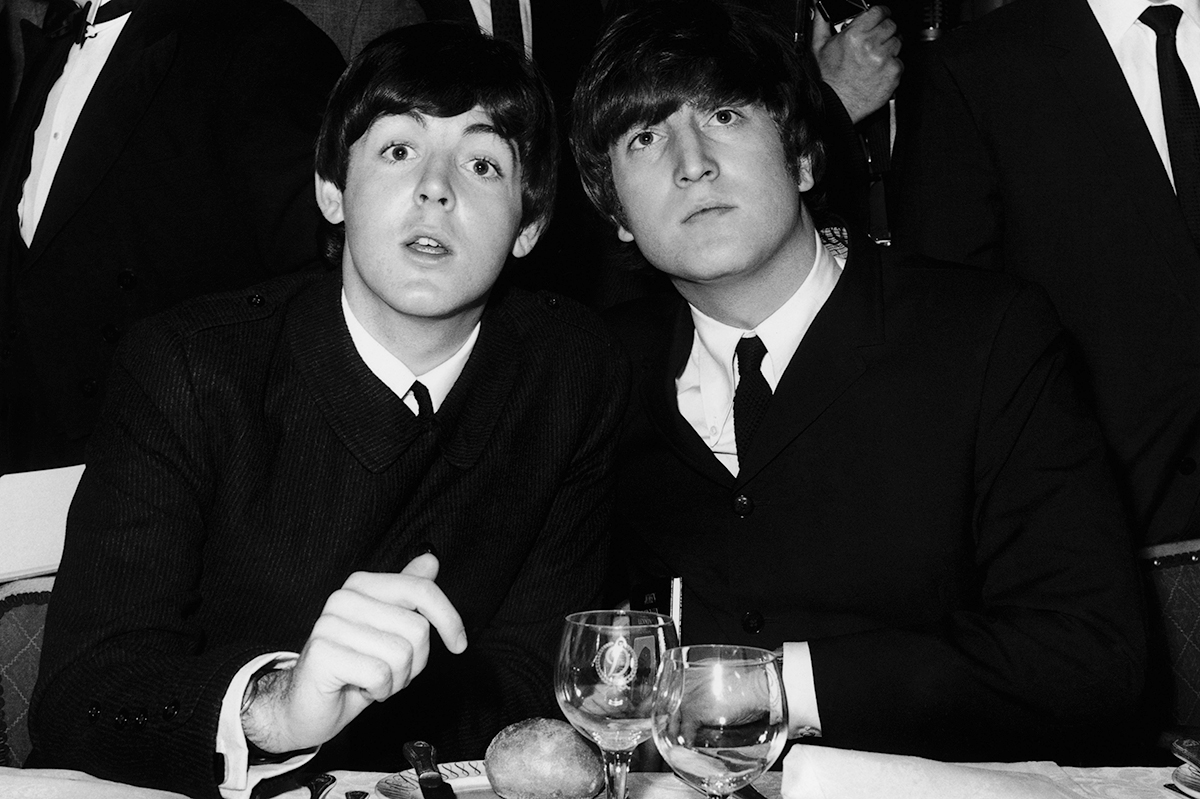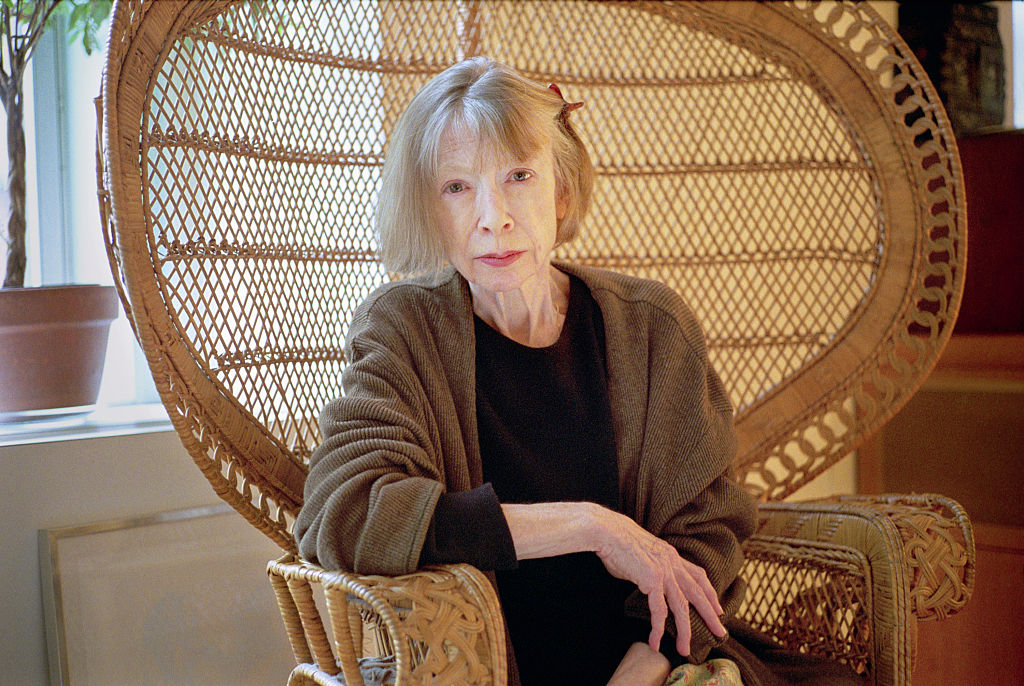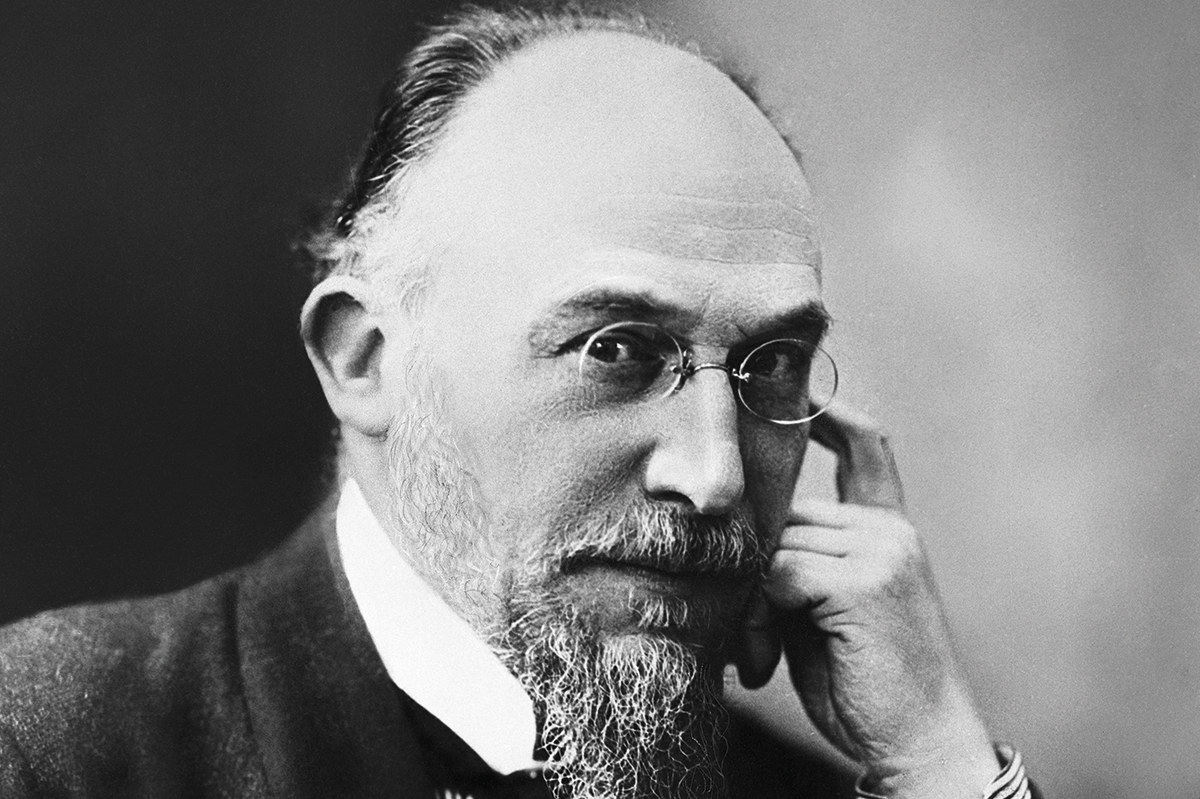Students of Mel Brooks — who has a more important place in comedy than we, and I suspect even he, have acknowledged — have had thin gruel so far. The emphasis has always rested on Woody Allen, the other New York-born Jewish comic and film-maker who wrote for Sid Caesar — at least since he tried to be Ingmar Bergman. Perhaps that is a joke, or at least a rebuke. American-Jewish comedians are so, well, Jewish. It’s pleasing to praise them for their more self-hating work.
The Producers is proof of joy – with an overarching, exquisite Jewish joke: Jews fail at failure
Now Jeremy Dauber, a professor of Jewish literature and American studies at Columbia University, has written a piece of criticism as elegant and sympathetic as Brooks is vulgar and savage. (At least in his personal work: the films he produced — The Fly and The Elephant Man — are grave and heart-breaking pieces on alienation. No jokes.) Its title, Disobedient Jew, is based on an interaction Brooks had with the critic Kenneth Tynan, who interviewed Brooks for the New Yorker in 1978. Tynan wrote:
I take my leave. Brooks clicks heels and bows, saying “Your obedient Jew.” He misses no opportunity to brandish his Jewishness, which he uses less as a weapon than a shield. Remember (he seems to be pleading) that I must be liked, because it is nowadays forbidden to dislike a Jew.
Dauber, noting Tynan’s “old-school antisemitism,” divines Brooks’s words less as a plea, and more of “a snarling challenge, irony saturated.”
I like Brooks’s joke to Tynan, because Tynan does not get it, and because it is a paradigm of his work: Brooks is both the wildest and the most functional of American-Jewish comedians. Not for this best-loved child the alcoholism of Sid Caesar, the drug addiction of Lenny Bruce or the exhausting self-obsession of Woody Allen. What Dauber called Brooks’s “own flagging energy, almost — but not quite — a mania, and almost — but not quite — a metaphor for first-generation American Jewish energy” carried him on. Blazing Saddles (1974, co-created with Richard Pryor) and Young Frankenstein (1974, co-created with Gene Wilder) delight in cherished American genres, but they murder them too.
Dauber observes:
The tension between an almost slavish devotion to authority… and the need to remind that authority that a Jewish eye, and a Jewish tongue, can deflate even the most august of genteel (and gentile) structures.
That is the role of the American-Jewish comic, but Brooks also places that tension within himself. Take his masterpiece The Producers (1967). It is the story of a hoax. Max Bialystock (Zero Mostel), a failing Broadway producer, raises funds for his shows by seducing “little old ladies.” He entices Leo Bloom (Gene Wilder), an accountant, to a scheme: raise too many funds and, when the show fails, walk away with the profits. Max and Leo are warring Jewish archetypes, and they are both Brooks: one terrifying, one terrorized.
The show within a show, of course, is Springtime for Hitler — “a gay romp with Adolf and Eva at Berchtesgaden.” (“He’ll kill us,” Max crows of the New York Times critic, but he didn’t. The show was a hit: “Hitler will run for-ever.”) The Producers placed a marker, just twenty-two years after the liberation of Birkenau. Jews could laugh at Hitler the addled hippy (and Brooks was a veteran of the war, Dauber reminds us. Whether something is funny — and modern comics must remember it — depends on who is telling the joke). An SS officer is a preening, vacuous tenor; his lady has pretzels on her breasts. I don’t know how non-Jews see The Producers, but for me it’s more than proof of life. It’s proof of joy, with an overarching, exquisite Jewish joke: in The Producers, as Dauber says, Jews fail at failure.
“Brooks’s career path,” he writes,
sometimes seems so perfectly cast it feels more like a metaphor than actual biography, epitomizing the history of American Jewish comedy — American Jewry — in the twentieth century.
Brooks’s secret, Dauber goes on, “lies in constraining himself within the system.” Very occasionally, that constraint — the tension between conservative and radical within Brooks, embodied by Max and Leo in The Producers — threatened to overwhelm him. Dauber has a marvelous anecdote to close his tender and astute book. Brooks created a stage show of The Producers in 2001. It eventually made a billion dollars. In out-of-town try-outs in Pittsburgh, Brooks wondered whether to drop the word “fuck” from the song “The King of Broadway.” Surely this is Leo Bloom speaking? But Nathan Lane, Max Bialystock in the production — Brooks’s creation, his dominant self — thwarted him. He turned to Brooks and said: “Have we met? You’re Mel Brooks!“
This article was originally published in The Spectator’s UK magazine. Subscribe to the World edition here.

























